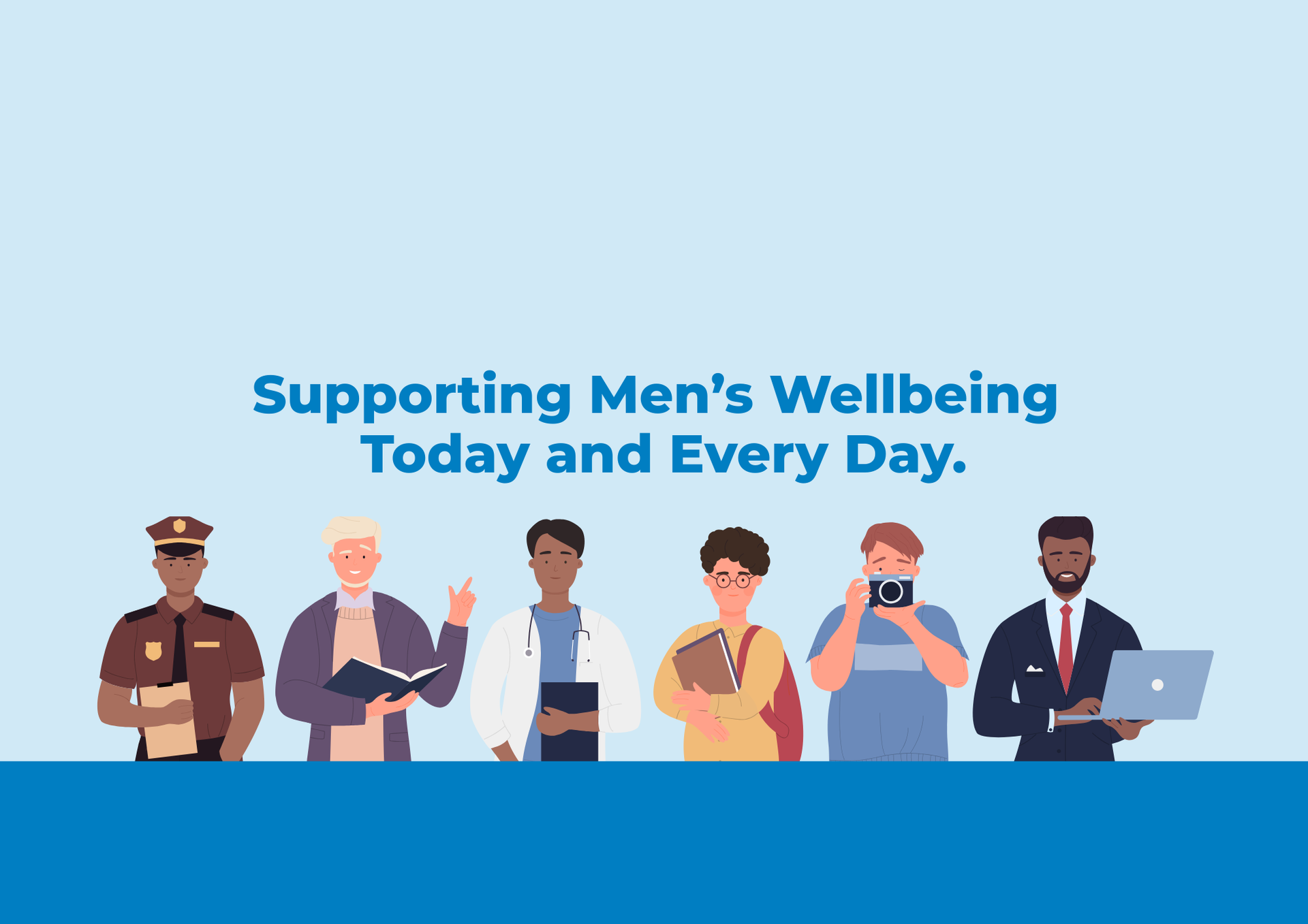Expressing Gratitude: Cultivating Mental Wellbeing
June 28, 2023

Have you heard of the saying that “It is only with gratitude that life becomes rich?” In the hustle and bustle of daily life, we often forget to express our gratitude for the blessings and experiences that surround us. However, taking time to express gratitude can have a profound impact on our mental well-being. In this blog post, we will explore the importance of expressing gratitude and how it contributes to our overall mental health and happiness.
Acknowledging the Good and Strengthening Positive Relationships
Expressing gratitude involves actively acknowledging and appreciating the positive aspects of our lives. It encourages us to focus on what we have rather than what we lack. By verbalizing or expressing our gratitude, we create space for positive emotions to flourish. When we express gratitude, we shift our focus from what is lacking to what we already have, nurturing a sense of contentment and happiness. Moreover, gratitude acts as a catalyst for building and nurturing positive relationships. When we express gratitude to others, whether through kind words, gestures, or acts of appreciation, we strengthen the bond between us. It fosters a sense of connection, empathy, and understanding, which contribute to our overall well-being.
Amplifying Positive Emotions and Cultivating Optimism and Resilience
When we express gratitude, we amplify positive emotions within ourselves and those around us. Sharing our appreciation allows us to relive joyful moments and enhances our overall happiness. Moreover, the act of expressing gratitude creates a positive ripple effect, uplifting the spirits of others and fostering a positive atmosphere. Expressing gratitude helps us cultivate an optimistic mindset. By focusing on the positive aspects of our lives, we train our minds to seek out the good, even in challenging situations. This optimistic outlook enables us to develop resilience and navigate through adversity with greater strength and determination.
Reducing Stress and Anxiety While Enhancing Self-Worth
Gratitude has a remarkable ability to reduce stress and anxiety. When we express gratitude, we shift our attention away from worries and negative thoughts, redirecting our focus towards the present moment and the things we appreciate. This practice helps alleviate stress, promotes relaxation, and enhances our overall mental well-being. Expressing gratitude extends beyond others; it also involves acknowledging and appreciating ourselves. By recognizing our strengths, achievements, and the progress we have made, we boost our self-worth and self-esteem. Engaging in self-care practices and expressing gratitude for our bodies, minds, and abilities nurtures a positive self-image and contributes to our mental well-being.
Incorporating Gratitude into Daily Life
Expressing gratitude can be incorporated into our daily routines in various ways. It can be simple as saying “thank you” to someone who has helped us or writing a heartfelt note of appreciation. Journaling about the things we are grateful for, practising gratitude meditations, or engaging in gratitude exercises with loved ones are all effective methods to integrate gratitude into our lives. My favourite gratitude exercise is that every night after dinner, I think of at least one thing that happened during the day that I am grateful for. Sometimes it might be as simple as eating my favourite cheesecake, but these little things matter a lot in keeping ourselves positive and building a healthy mindset.
Cultivating a practice of gratitude has the power to transform our mental well-being. By embracing gratitude, we shift our focus from negativity to positivity, fostering happiness, resilience, and improved mental health. Let's embark on this journey of gratitude and allow its transformative power to enrich our lives, one thankful moment at a time.
By Priya Saikia





